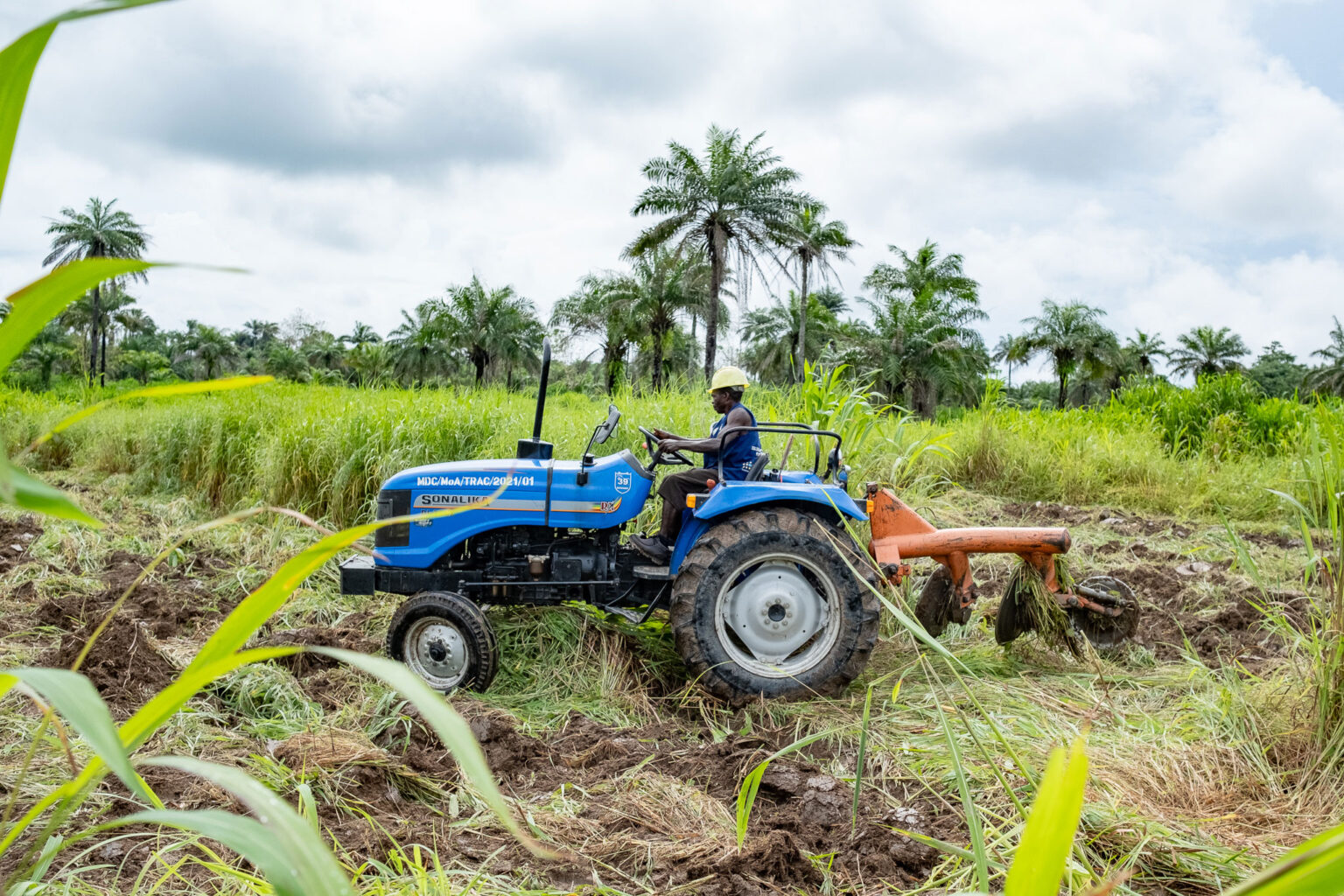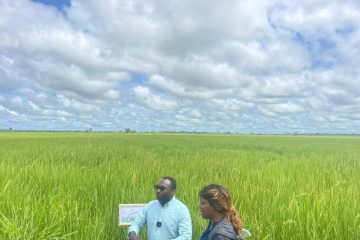MAFS develops Digital National Soil Information Management System (SIMS) through the FSRP 2

Freetown, Sierra Leone — The Ministry of Agriculture and Food Security (MAFS) has is developing the Digital National Soil Information Management System (SIMS), a groundbreaking initiative aimed at enhancing soil management and agricultural productivity across the country. This development is a key component of the ongoing Food Security and Resilience Project Phase 2 (FSRP 2), as part of President Bio’s FEED SALONE Flagship project led by Minister Dr. Musa Kpaka, which seeks to bolster food security in Sierra Leone.
The SIMS platform is designed to centralize and streamline soil data collection, analysis, and dissemination, making it more accessible to farmers, researchers, and policymakers. By leveraging advanced geospartial and digital technologies, the system will provide real-time information on soil health, nutrient levels, and moisture content, enabling more informed decision-making in agricultural practices.
“Understanding our soil is fundamental to improving agricultural output and ensuring food security, which is inlne with the Feed Salone Initiative by president Bio,” said Minister of Agriculture, Dr. Musa Kpaka. “The SIMS will empower government, investors and farmers with the knowledge they need to optimize their practices, leading to healthier crops and sustainable farming methods.”
Key Features of SIMS
The Digital National Soil Information Management System includes several innovative features:
- Interactive Mapping: Users can access detailed maps highlighting soil types, fertility levels, and other critical data, allowing for targeted agricultural strategies.
- Data Analytics Tools: The platform offers analytical tools to interpret soil data, helping users make informed decisions regarding crop selection and fertilizer use.
- User-Friendly Interface: Designed with accessibility in mind, SIMS is easy to navigate for users at all levels of technological proficiency.
- Collaboration Opportunities: The system encourages collaboration between farmers, researchers, and governmental agencies, fostering a community approach to soil management.
Impact on Agriculture
Experts predict that the introduction of SIMS will significantly enhance agricultural practices across the nation. With accurate soil information, farmers can reduce waste, increase yields, and promote sustainable land use. The system is also expected to play a vital role in addressing climate change impacts on agriculture by enabling adaptive management practices.
“Access to reliable soil information has been a longstanding challenge for many farmers,” said Dr Kepifri Lakkoh, Project Manager for the FSRP2 project. “SIMS will change the game, providing essential data that can lead to more productive and environmentally friendly farming.”
Future Plans
MAFS plans to expand the capabilities of SIMS over the coming years, incorporating more features based on user feedback and technological advancements. Training programs will also be launched to ensure that farmers and agricultural workers can effectively utilize the new system.
As the nation moves toward a more digital future, the establishment of the Digital National Soil Information Management System marks a significant step in improving agricultural resilience and ensuring food security for generations to come.
For more information on SIMS and its features, visit the official MAFS website.


0 Comments